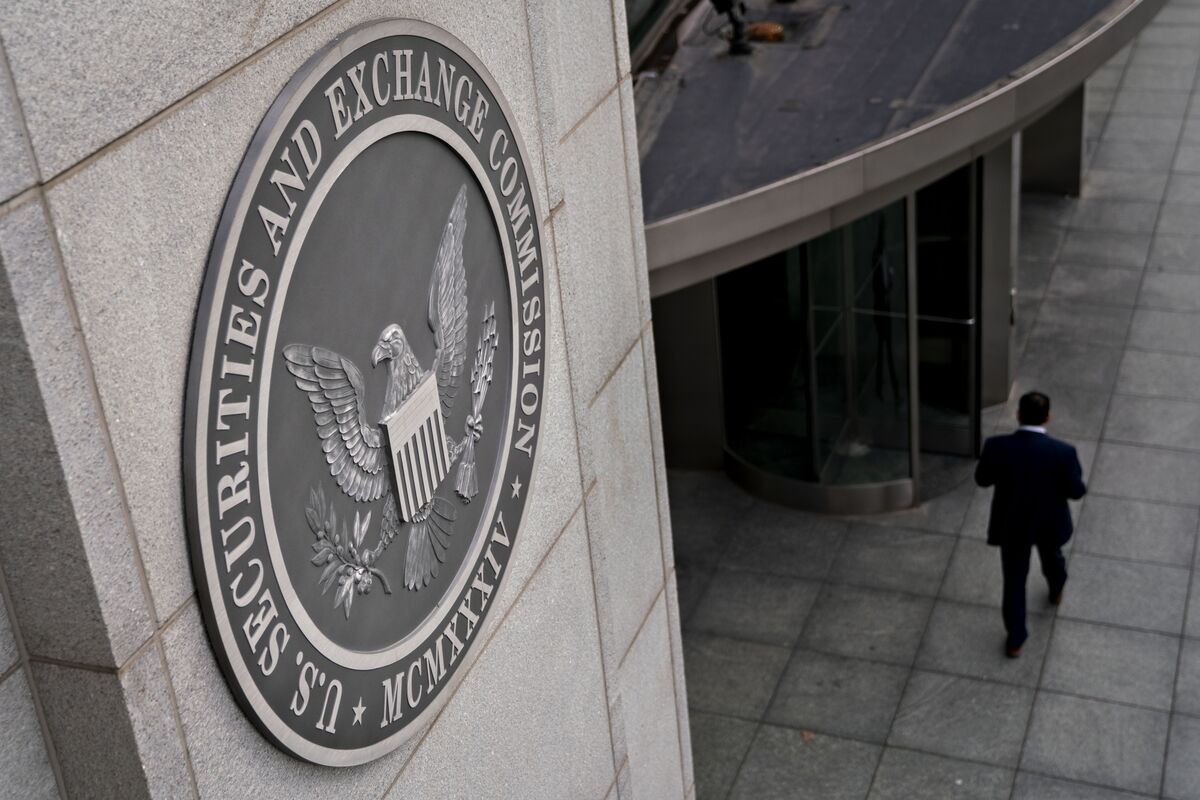The cryptocurrency market has changed significantly in recent years, with Bitcoin remaining the top digital asset. Recent statistics show that U.S. entities now possess 65% more Bitcoin reserves than non-U.S. companies, reshaping global Bitcoin ownership. Due to institutional adoption and regulatory certainty, American institutions are becoming more influential in the bitcoin market.
Rise of U.S. Bitcoin Holdings
Bitcoin reserves are shifting to U.S. organizations due to institutional interest in digital assets. Non-U.S. firms, people, and governments held more Bitcoin reserves in the past. However, recent data suggests that American firms and organizations have boosted their Bitcoin holdings more than their international counterparts.
Bitcoin adoption by U.S. institutional investors is driving this spike. MicroStrategy, Tesla, and Block (previously Square) have led this movement by adding Bitcoin to their balance sheets to hedge against inflation and currency devaluation. MicroStrategy, which has over 447,000 Bitcoins, keeps buying. Aggressive accumulation has favored U.S. corporations.
New regulations favor U.S. firms
US regulation also helps U.S. entities dominate Bitcoin ownership. The U.S. government has clarified cryptocurrency legality during the past year. The SEC and CFTC have developed guidelines to help institutions overcome regulatory issues. Bitcoin exchange-traded funds have also been promoted in the U.S. Bitcoin ETFs give regular investors Bitcoin exposure without holding it.

Institutional investors have entered the market since Bitcoin ETFs were approved and launched, increasing U.S. ownership. Banks and investment businesses have entered the bitcoin market due to regulatory clarity. These banks now offer crypto-related services to their clients, cementing the U.S.’s Bitcoin industry leadership.
Political Support Effect
Political backing for Bitcoin has also increased U.S. holdings. Former President Donald Trump, who was suspicious of cryptocurrencies, now supports a Bitcoin strategic reserve. Based on the nation’s strategic oil reserve, this Bitcoin holding idea intends to boost the country’s finances. Politics have favored Bitcoin adoption in the U.S., encouraging firms and people to invest. The idea has also raised concerns about Bitcoin’s role in national security and financial stability, driving interest in the cryptocurrency.
Growth from Institutional Adoption
Institutional adoption is crucial to U.S. Bitcoin holdings. BlackRock, Fidelity, and Goldman Sachs are studying Bitcoin integration. Bitcoin can be a long-term investment and hedge against economic uncertainty, according to these institutions. New financial products including Bitcoin-backed loans and custody services have emerged due to institutional interest. These products help traditional investors invest in Bitcoin, increasing U.S. holdings. Additionally, corporate treasuries are considering Bitcoin as an alternative to traditional investments. For CFOs and financial executives, digital asset diversification is appealing, especially with growing prices and economic instability.
U.S. Bitcoin Dominance
U.S. entities have 65% more Bitcoin reserves than non-U.S. companies, affecting the global cryptocurrency market. It shows the U.S.’s expanding influence over digital assets and sets a precedent for other nations. As the U.S. leads Bitcoin adoption, other nations may have to follow to compete. Countries that are wary of cryptocurrencies may change their minds if they witness the economic benefits the U.S. gets from Bitcoin. Centralization risks arise from this dominance. Bitcoin’s primary premise is decentralization, yet concentrating a large percentage of its reserves in one place could threaten its stability. U.S. entities selling big sums of Bitcoin could affect the market.
Challenges and Risks
Despite rising U.S. Bitcoin holdings, there are hazards and challenges. Bitcoin’s volatility worries investors, especially newcomers. Large price swings may dissuade traditional investors. Regulatory uncertainty persists. Though the U.S. has clarified, concerns remain about government moves that could affect the market. Institutions may manage Bitcoin holdings according to tax and anti-money laundering laws. The environmental impact of Bitcoin mining is also debated. Bitcoin mining uses unsustainable energy, threatening global climate change efforts, according to critics. This issue could push regulators to tighten mining rules, hurting Bitcoin supply and price.
For More: Senator Lummis U.S. Should Buy Bitcoin to Compete Globally
Conclusion
U.S. entities will likely continue to keep a large part of Bitcoin reserves. Regulatory certainty, institutional adoption, and political support foster U.S. Bitcoin ownership growth. However, the global cryptocurrency market is dynamic and affected by external forces. Economic factors, legal changes, and technical advances will shape Bitcoin ownership, U.S. entities have 65% more Bitcoin reserves than non-U.S. companies, demonstrating their expanding relevance in cryptocurrencies. As Bitcoin becomes popular, the U.S. will shape the future of digital assets and their inclusion into the global financial system.




